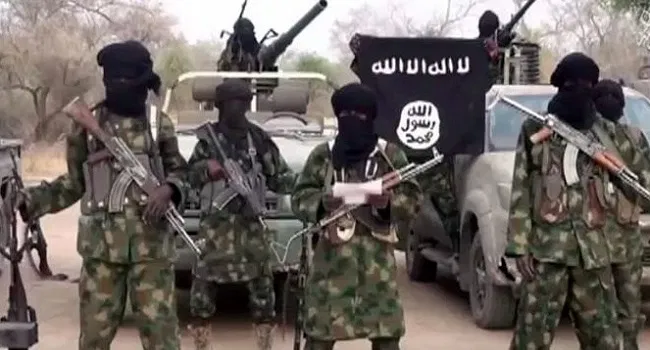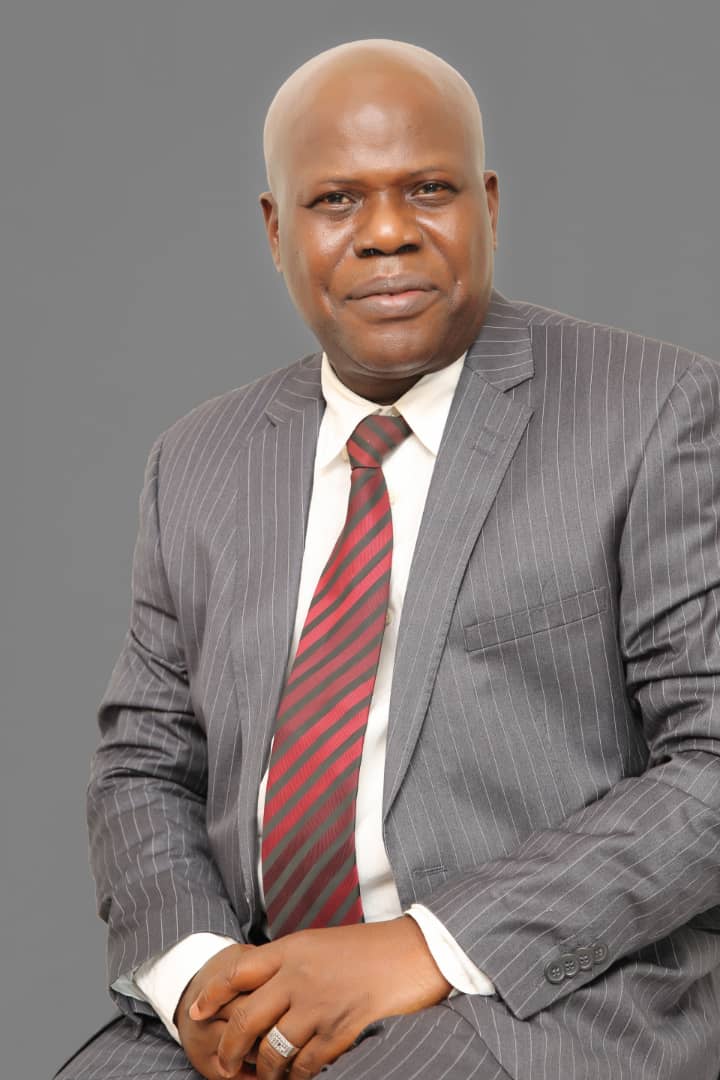
Religious intolerance has bred extremism and resulted in thousands of deaths in Nigeria, divisions, and terrorism as a bad omen and example of a nation at war with itself. Meanwhile, the twin evils of extremism and terrorism are the core reasons for a decaying society and our present predicament as a troubled nation.
As it were, all religions involve specific intellectual beliefs. Each has several literatures held especially scared which contain historical materials with which the validity of the doctrines are connected as well as their modes of propagation.
Unarguably, Africa is a melting pot of different religions. To some outside observers, this is a volatile religious fault line—as exemplified by the ethnic and sectarian bloodshed in Nigeria, where hundreds of Muslims and Christians have been killed.
To others, religion is not so much a source of conflict as a source of hope in sub-Saharan Africa, where religious leaders and movements are a major force in civil society and a key provider of relief and development for the needy, particularly given the widespread reality of failed states and collapsing government services.
From my personal experience and observation; the more religious a person is, the more dangerous he is. Because religion carries with it deep-rooted prejudices that cause conflict, mistrust, and oppression. When you use religious faith to determine what is true, then you open yourself up to delusion. The more religious or “faith-full” someone is, the more likely it is that they will hold destructive, delusional beliefs as truth. The thing about a delusion is that it is often very difficult to crack from the outside, and intelligence is no defense from the inside against delusion.
Additionally, as commentator Charles Ellicott, a distinguished English Christian theologian, academic and churchman. Ellicott profoundly posited: “These, by claiming the title of Christians, wearing in before men the uniform of Christ, but by their lives dishonoring His name, did the gravest injury to the holy Christian cause” (Ellicott’s Bible Commentary for English Readers, entry for 2 Timothy 3:5). Ironically, those who have a form of godliness are those who make an outward display of religion. They present themselves as godly, but it is all for show.
There is no power behind their religion, as evidenced by the fact that their lives are unchanged. They speak of God and live in sin, and they are fine with that arrangement. Otherwise, how else does one explain a situation in which we find ourselves and the overrated system full of RELIGIOSITY without corresponding results?
Therefore, we argued that religious extremism, as distinct from religion, motivates wide-scale acts of terrorism, justifies individual acts of violence, and promotes hatred of the “other.” To prove its point, the article looks at the secular-religious debate in Turkey, the use of fatwas by Muslim extremists as part of the dangerous elements in religious extremism as exemplified by a couple of unfortunate incidents in Nigeria for example with Deborah Samuel and many others on my mind.
Furthermore, fatwas are a central feature of the Islamic legal tradition. A fatwa is a religious opinion or ruling (hukm) issued by a qualified jurisconsult known as a mufti or mujtahid. Within the Sunni tradition, fatwas are non-binding religious decrees, whereas in the Shi’a tradition, they can be binding depending on the jurist’s authority.
Firstly, the dictates of a fatwa play an important role in advising Muslims about their daily practices under the shari’a (Islamic law). Secondly, adherence to juristic rulings, however, is purely voluntary and a matter of conscience between a believer and God.
Essentially, one of the many examples is on the 12th of May 2022, a 200-level student of Shehu Shagari College of Education, Sokoto, Deborah Samuel was gruesomely killed by her fellow students who accused her of blaspheming Prophet Mohammed. The mob that lynched Deborah Samuel was composed of students and some “foreigners” hired by the extremists to carry out the attack.
Analytically, the role of religious extremism in the Capitol Hill insurrection can easily be identified. In January 2021, a rally organized to protest the results of the 2020 presidential election escalated into the violent takeover of the United States Capitol building. While rioters utilized a wide variety of symbols and slogans in the planning and execution of those attacks, religious motives were a regular fixture of what one reporter labeled “a Christian insurrection.”
Firstly, religion’s appearance that afternoon was not unexpected, as prominent religious supporters of the Trump Administration framed electoral defeat as an anti-religious conspiracy even before the November election. Secondly, in the days before the Capitol violence, supporters launched a “Jericho March” against alleged electoral fraud, intended to imitate the biblical siege of Jericho by Israelite force.
Following from the above, one prominent definition of extremism as a motivation for terrorism is that extremism comprises ideological beliefs about an obligation to bring back the political system to a form suggested by religious norms through violence.
Therefore, the label of extremist is attributed to groups fighting for their political agendas against mainstream systems accepted by the majority of people (e.g., Boko Haram tendencies and Separatists elements in Nigeria, ISIS against the government of Syria, or MILF or Moro Islamic Liberation Front against the government of the Philippines).
Such a definition of extremism associated with political violence is related to broad collective responses against perceived oppression or injustice, and it may be fueled by extreme religious dogma or not.
In conclusion, I like to use this article that focuses on “The Link Between Religious Extremism And Terrorism” – as we briefly review the different interpretations and understandings of extremism and terrorism within the context of religion and propose an alternative MODEL that allows for a more accurate and complete understanding of various dimensions of religion.
Finally, permit me to share with you an excerpt from Martin Luther King’s speech “Where Do We Go From Here?” delivered at the 11th Annual SCLC Convention, Atlanta, Georgia, on August 16, 1967. MLK Jr profoundly posited “I’m concerned about a better World. I’m concerned about justice; I’m concerned about brotherhood and sisterhood; I’m concerned about truth. And when one is concerned about that, he can never advocate violence.
For through violence, you may murder a murderer, but you can’t murder murder. Through violence, you may murder a liar, but you can’t establish the truth. Through violence, you may murder a hater, but you can’t murder hate through violence. Darkness cannot put out darkness; only light can do that.”
Richard Odusanya
odusanyagold@gmail.com

